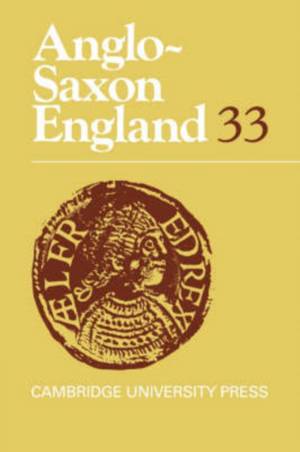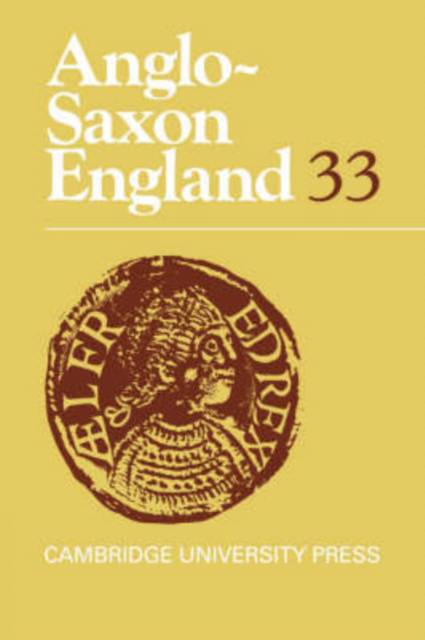
- Afhalen na 1 uur in een winkel met voorraad
- Gratis thuislevering in België vanaf € 30
- Ruim aanbod met 7 miljoen producten
- Afhalen na 1 uur in een winkel met voorraad
- Gratis thuislevering in België vanaf € 30
- Ruim aanbod met 7 miljoen producten
Zoeken
Omschrijving
It is red-letter day in Anglo-Saxon studies when a previously unknown Old English text comes to light. In 2002, as the result of some outstanding scholarly detective work, a fragmentary homiliary, containing exegetical homilies for the Sundays after Pentecost, came to light in the Somerset County Records Office in Taunton. The manuscript apparently dates from the middle years of the eleventh century; but questions of when and where and by whom the homiliary was composed can only be answered by close philological study of the Old English text itself. The present volume of Anglo-Saxon England contains a printed edition of this interesting text, and detailed philological analysis leads to the extraordinary hypothesis that the text may have been composed by someone whose native language was not English, and who was apparently unfamiliar with the mainstream of English homiletic composition, best illustrated in the work of Ælfric. The usual comprehensive bibliography of the previous year's publications in all branches of Anglo-Saxon studies rounds off the book.
Specificaties
Betrokkenen
- Uitgeverij:
Inhoud
- Aantal bladzijden:
- 416
- Taal:
- Engels
- Reeks:
Eigenschappen
- Productcode (EAN):
- 9780521038591
- Verschijningsdatum:
- 15/10/2007
- Uitvoering:
- Paperback
- Formaat:
- Trade paperback (VS)
- Afmetingen:
- 152 mm x 229 mm
- Gewicht:
- 607 g

Alleen bij Standaard Boekhandel
+ 135 punten op je klantenkaart van Standaard Boekhandel
Beoordelingen
We publiceren alleen reviews die voldoen aan de voorwaarden voor reviews. Bekijk onze voorwaarden voor reviews.










